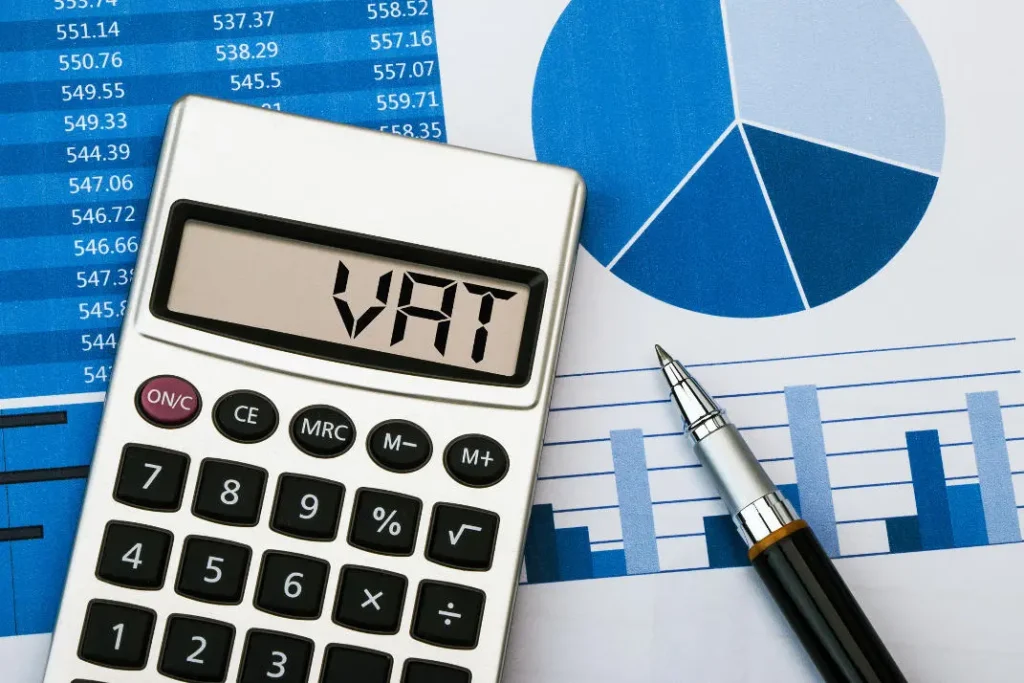Introduction
When a business in Thailand is unable to collect a debt from a debtor, it may be eligible to write off the debt from its accounts. However, in order to do so the company must follow specific rules as required by Thai law. Failure to follow these rules can result in the debt write-off being classified as a non-tax deductible expense, thereby affecting the company’s bottom line profit and corporate income tax calculations.
Key Points
- In order to write-off a debt a creditor must make a demand for payment and also seek court action against the debtor.
- Written-off debts can be deducted as expenses from Corporate Income Tax returns providing the legal requirements have been satisfied.
- Bad debts must have arisen from carrying on a business operations or be connected to the business operations, have been included as revenue in the calculation of net profit and must not be owed by a person who is or used to be a director or managing partner.
What is a Bad Debt?
The write-off of bad debts in Thailand is governed by Ministerial Regulation No. 186 (1991), which defines the characteristics of what a bad debt is and what is eligible for write-off. These criteria include:
- The debts must have arisen from carrying on a business operation or be connected to the business operation.
- The debts must have been included as revenue in the calculation of net profits.
- The debts must not be owed by a person who is or used to be a director or managing partner.
- The claim for debts must not be barred from court action by statute of limitations and should have sufficient evidence for the purpose of suing the debtor.
What is the Procedure for Writing Off Bad Debts?
The procedures for writing off bad debts in Thailand vary depending on the amount of the debt.
| Amount of Debt | Rules for Write-Off |
| Debt exceeding Thai Baht 2,000,000 | – Demands for payment must have been made and pursued to the appropriate extent.- Civil court action must have been taken against the debtor and a court order issued; or- Bankruptcy court action must have been taken against the debtor and a court order issued. |
| Debt not exceeding Thai Baht 2,000,000 | – Demands for payment must have been made and pursued to the appropriate extent.- Civil court action must have been taken against the debtor and a court order issued; or- Bankruptcy court action must have been taken against the debtor and a court order issued;- For the actions mentioned above, a corporate entity director must authorize the write-off of the debt within 30 days of the last day of the fiscal year. |
| Debt not exceeding Thai Baht 200,000 | – Demands for payment of the debt must have been made and pursued to the appropriate extent.- Court action to recover the debt would incur expenses greater than the amount expected to be recovered. |
Is VAT Required to be Paid on the Income Derived From Writing-off Debts?
As per Thai Tax Law, VAT is not levied on income earned from forgiven debts, as it is not considered compensation for the sale of goods or services. Essentially, when companies write off debts, they must assess the corporate tax implications. If a company decides to keep the liabilities on its books upon closure, the Thai revenue department may require the these liabilities to be recognised as income, which may result in the company having taxable profits and, incurring further tax obligations.
Can Writing Off a Debt be Deducted as a Tax Expense?
Unrecoverable debts are written off from the creditor’s records and are considered as accounting expenses. However, for this write-off to be eligible for deduction in the creditor’s income tax calculation it must satisfy all legal requirements.
As per section 65 bis (9) of the Revenue written off debts can only be deducted from corporate income tax expenses if:
1. The origin of the debt must come from the business operations or be associated with the business activities. Alternatively, the debt has been recorded as revenue in the company’s net taxable profit calculation.
2. The debt can be redeemed through the judicial system (i.e., the creditor has enough proof to support their claim, and the relevant prescription period has not yet dened).
Furthermore, there must be evidence of debt collection attempts before the creditor can write off the bad debt for tax purposes. The required actions for collecting the debt depend on the size of the debt.
For a bad debt (from one debtor) exceeding THB 500,000,the following must be satisfied:
1. Creditor has demanded payment from the debtor and can provide evidence of the attempt (e.g., a demand letter).
2. Undertaken judicial action (e.g., a lawsuit or motion in a civil case or bankruptcy proceedings) after the failed attempts to collect, which resulted in a court-ordered debt collection. This court-ordered debt collection must also remain unpaid.
There are two exceptions to the requirement that a creditor take judicial action. Firstly, if the debtor has died/disappeared and there are no remaining assets which can be used to recover the debt, the creditor may write off the bad debt after taking step one and issuing a demand for payment. Likewise, the requirement for judicial action will not be needed if the debtor has ceased its business operations and the debts of other creditors who are ranked above the creditor exceed the total assets of the debtor.
For bad debt between THB 100,001 and 500,000, the requirements that must be satisfied by a company looking to write off the debt are basically the same as above. However, the threshold of required judicial action is lower. For example, the creditor does not have to wait for a court order or ruling and will have fulfilled their obligations when their case (civil or bankruptcy) is accepted by the court. Please note, the same exceptions mentioned above will apply and will remove the need for judicial action.
For debts that do not exceed THB 100,000 (or THB 200,000 if the creditor is a bank), the creditor may proceed to write off the bad debt for tax purposes after issuing a demand for payment.
If the debtor has begun the business reorganization process in compliance with the bankruptcy law, the company’s debts may end up being restructured, thus reducing the amount or even writing off any debts owed entirely. In this case, a creditor can write off whatever amount of debt is reduced or written off in the court-approved debt restructuring plan. In such a case there is no need to fulfil the debt collection attempt requirements.
When Would a Company Need to Write Off Debts?
A company may need to write off debts under various circumstances, typically when it becomes apparent that the company is unlikely to recover the full amount owed.
Here are some common situations when a company might need to write off debts:
Customer Insolvency: If a customer declares bankruptcy or is insolvent, the likelihood of recovering the full amount owed diminishes. In such cases, the company may choose to write off the debt as a loss.
Protracted Non-Payment: When a customer consistently fails to make payments over an extended period, and efforts to collect the debt have been unsuccessful, the company may decide to write off the debt to reflect the economic reality.
Settlement Agreements: In some cases, a company may negotiate a settlement with a debtor, accepting a partial payment as full satisfaction of the debt. The remaining portion of the debt may then be written off.
Disputed Debts: If a debt becomes subject to a legal dispute, and it is uncertain whether the company will be able to collect the full amount, the company might write off the disputed portion until the matter is resolved.
Change in Business Circumstances: Economic downturns, changes in market conditions, or shifts in a company’s financial health may lead to the decision to write off certain debts that are deemed uncollectible.
Accounting Standards and Policies: Companies follow accounting principles, such as Generally Accepted Accounting Principles (GAAP) or International Financial Reporting Standards (IFRS), which may require the recognition of bad debts or impairment losses based on specific criteria.
Ceasing Collection Efforts: If a company decides to stop pursuing the collection of a debt due to various reasons, it may choose to write off the debt as uncollectible.
Acquisition or Merger: In cases of business acquisitions or mergers, the acquiring company may assess the collectability of debts on the books of the acquired company. If certain debts are deemed uncollectible, they may be written off.
It’s important for companies to carefully assess the financial implications of writing off debts and to comply with any relevant accounting standards and regulations. Writing off debts allows companies to accurately reflect the financial health of their business and make informed decisions about future credit and lending practices.
Our Thoughts
Managing bad debts is an important component of a businesses financial health. While owed money remaining on the books may seem beneficial on the surface, retaining such assets skews financial reporting and can cause significant problems later on. By formally writing off irrecoverable debts through proper legal procedures provides a transparent outlook. This allows for redirecting efforts toward solvent clients, modifying risk levels on future credit issues, noting red flags if bad debt spikes suddenly, and more. By keeping diligent track of bad debts and then accounting for them accordingly provides a company with insight that informs operational adjustments that can allow a company to adjust accordingly. Whether stemming from a struggling client or overall trends, effectively handling bad debts provides accuracy and adaptability for a company.





